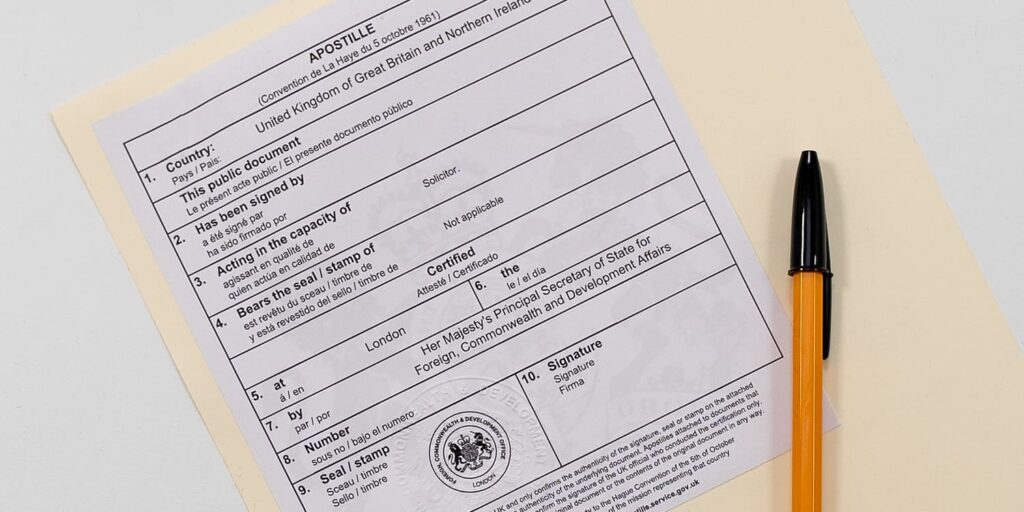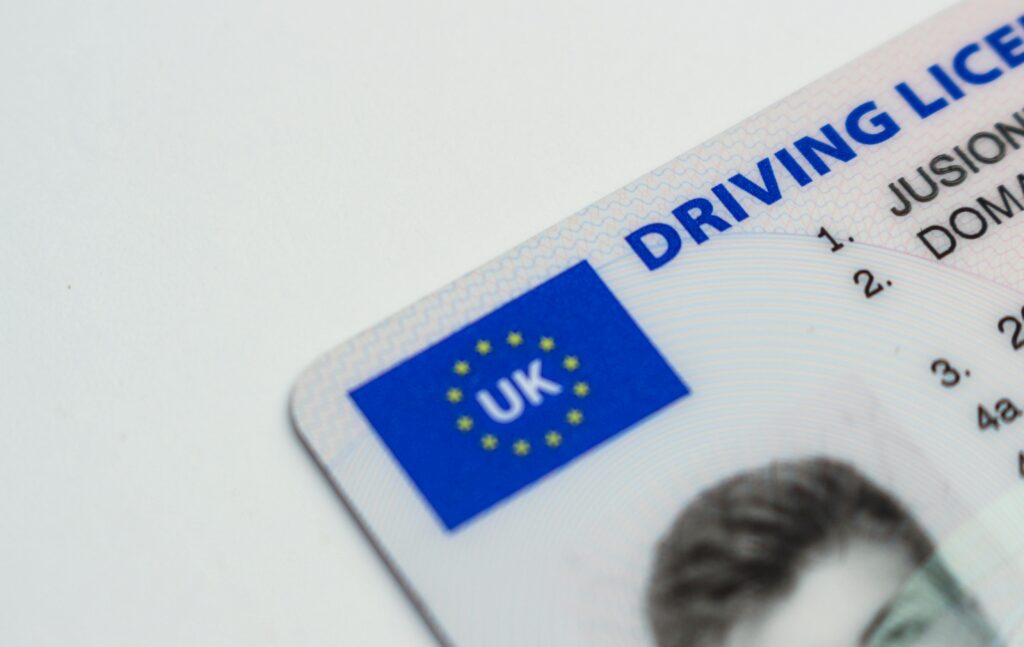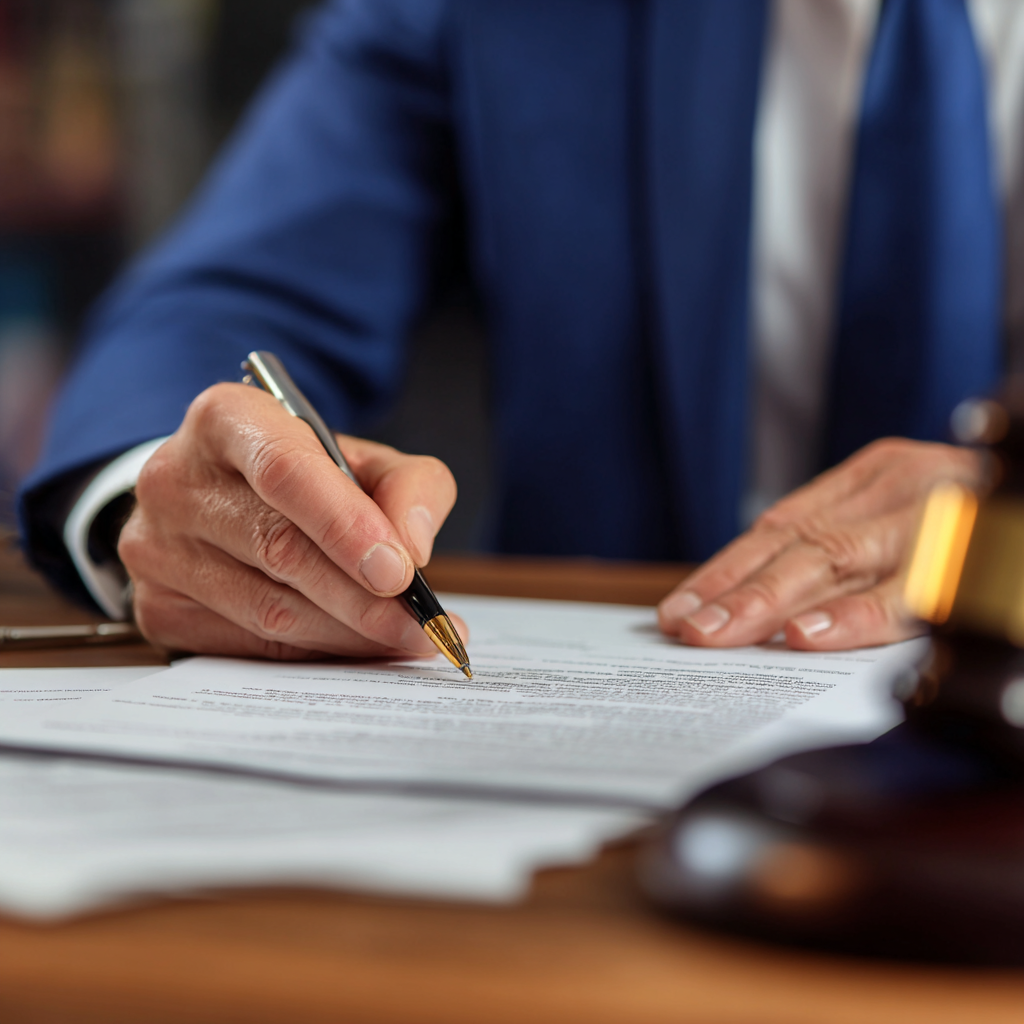Have you ever needed to submit a copy of an important document, only to be told that it needs to be “certified”? In short, a certified photocopy is an official verification that the copy is a true and accurate representation of the original – and knowing how to certify a photocopy is essential to many situations involving legal and official proceedings.
But no worries: we’re here today to outline the proper procedures and emphasize why certain documents require this paramount step. You’ll also be aware of what you should know before going forward, so make sure to keep up with us to the end!
You may also like: Can a notary make a photocopy of a certified document?
How to certify a photocopy: understanding how the process works

So, how do you actually certify a photocopy? This is a process that involves a specific procedure carried out by an authorized professional, so it’s not something you can typically do yourself.
The goal of certifying a photocopy is to create an official copy holding the same legal weight as the original. A certified copy is a photocopy officially confirmed to be a true and accurate representation of the original document. This certification provides another layer of trust, confirming the copy hasn’t been altered or tampered with and is, indeed, a true reflection of the original.
The act of certification signifies that a neutral party has reviewed the original document, made a copy, and attested to its authenticity, making fraud much harder.
Ok, then who can certify a photocopy?
Not just anyone can certify a photocopy – you will need to seek out someone with the legal authority to perform this task. Depending on where you live, this could be one of the following:
- Notaries public: in many states, notaries public are authorized to certify photocopies, but this varies by state law. For example, in Nebraska and Oregon, they can’t officially certify copies of legal documents, whereas in Florida they can’t certify copies of public or vital records if the custodian can make one;
- Commissioners of oaths: in some jurisdictions, these professionals can administer oaths and certify documents;
- Attorneys: they are often authorized to certify photocopies, especially those related to legal proceedings;
- Other authorized officials: court clerks, registrars, and other designated officials can also provide certified copies of specific documents within their jurisdiction.
General procedure for certifying a photocopy

The certification process itself is relatively straightforward. Usually, it involves these key steps:
- Present the original and copy: you’ll need to bring both the original document and a photocopy of it to the authorized certifier. This is paramount, as the certifier must be able to compare both documents to attest to the copy’s accuracy. Ensure the original document is complete and in good condition, as this will be crucial for a smooth certification;
- Verification: they will carefully compare the photocopy to the original document, scrutinizing it to ensure it is an exact and accurate representation, that it’s legible, and that nothing is missing or altered. This step is important in guaranteeing the integrity of the certified copy;
- Signature and stamp: the professional will then sign and stamp or seal the photocopy, verifying its authenticity. This is their official mark, signifying that they have personally reviewed the document and certified its validity. They will usually add their name and title, as well as the date of certification;
- Certification statement: the certifier will complete a written certification statement, a formal declaration that confirms that the copy is a true and accurate representation of the original document. This statement often includes specific wording as required by law or the certifier’s authority.
NOTE: the certifier may also maintain a record of the certification in their own official logs or records. This documentation is important, as it can be used to verify the certified copy’s authenticity should questions arise or if there’s a need to confirm the certification was performed correctly. You can consider this yet another redundancy to ensure your best interest.
Common mistakes to avoid when certifying photocopies

Even though the process seems straightforward, there are some common mistakes people make when trying to certify a photocopy that can invalidate the certification:
- Not presenting the original document: the certifier must verify the copy against the original, so failing to bring the original document will make certification impossible;
- Having the certifier sign an already signed copy: the signature on the certification statement must be made in the presence of the certifier, ensuring their direct attestation of the certification process. The purpose of their signature is to show that they personally handled this task;
- Using a photocopy that’s not clear or complete: an illegible or incomplete photocopy won’t be accepted, as the certifier must be able to compare the copy to the original accurately. The photocopy must be of high quality, with all details clearly visible;
- Seeking certification from an unauthorized person: using someone without the proper legal authority can render the certification invalid. Always confirm the certifier’s credentials, ensuring they are licensed or authorized. As mentioned before, not all authorities are authorized to certify photocopies, so double-check beforehand to avoid issues;
- Failing to understand the difference between certifying and notarizing: certifying a copy differs from notarizing a signature. The former ensures the photocopy is identical to the original one, while the latter focuses on confirming the signer’s identity and willingness to sign, so understand what exactly you need!
What types of photocopied documents can be certified?

While the specific types of documents requiring certified photocopies can vary, their use generally stems from a need for official verification. You’ll often find a certified copy requirement anytime you submit a copy of an important document for legal, administrative, or financial processes. Here are some key areas where you might encounter this need:
- Official identity and status: when you need to prove who you are or what your legal standing is – such as applying for a passport or visa, proving your citizenship, or verifying your marital status – you’ll likely need certified copies of your personal identification and family documents.
- Academic and professional credentials: whenever you’re advancing your education or career, whether that’s applying to universities, seeking professional licenses, or proving your employment history, certified copies of transcripts, diplomas, and professional certifications will likely be required;
- Legal and financial transactions: if you’re involved in court proceedings, real estate deals, or complex financial arrangements (such as loan applications or investment transactions), certified copies of legal contracts, property documents, and financial records are essential;
- Medical and healthcare matters: in situations requiring medical documents for insurance purposes, legal claims, or other purposes, medical records and prescriptions may be required to be certified;
- Business and government interactions: whenever you’re dealing with official bodies, whether that’s registering a new business, responding to a government inquiry, or applying for permits and licenses, you’ll likely need certified copies of various business and governmental documents.
Closing thoughts
Throughout this article, you’ve learned how to certify a photocopy – fully understanding its essential steps and who can perform this important task. Remember, proper certification ensures your documents are valid and legally sound.
On a side note, we cannot stress this enough: always check specific requirements with the relevant authorities to ensure your certified copies are acceptable in your jurisdiction.
And, for those requiring convenient and reliable notarization services, Mobile Notary Orlando is here to help. We provide mobile notary services throughout Orange, Seminole, Osceola, and Brevard counties, ensuring accurate and professional certification at your preferred location.

Contact us today to schedule your appointment and experience the ease of mobile notarization!






